The “Most Asian Academy Awards”

Photo: Dunkwun
The 2023 Oscars were a representative year for the Academy, with a notable increase in inclusivity. This year’s Oscars were hailed as the “most Asian Academy Awards,” with Asians winning eight categories, the most ever in a single year. Here, we note the importance of Asian representation in the film industry.
Oscar’s Asian winners this year
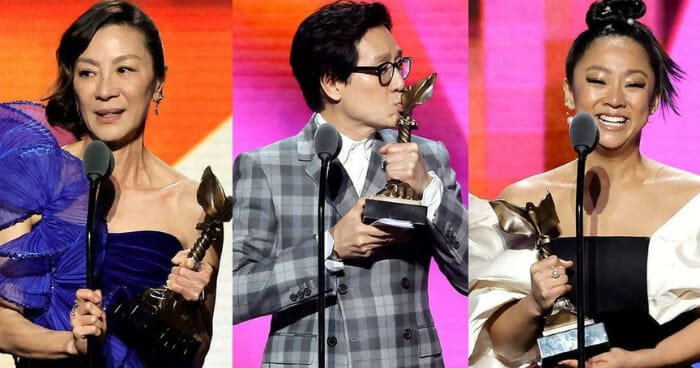
Photo: Dunkwan
Among the notable winners was Daniel Kwan, the first US-born Asian to win original screenplay, directing, and best picture. Other than him is Ke Huy Quan, who shared a heartfelt story about his journey from being in a refugee camp to Hollywood’s biggest stage. Also, Michelle Yeoh became the first Asian actress to win Best Actress.
It’s worth noting that a movie’s production involves an endless number of people.
Here are this year’s Oscar winners for production that also deserve equal recognition

Photo: Motion Picture Association
Judy Chin and Kazu Hiro made history in the makeup and hairstyling category. Judy Chin, the head of The Whale’s makeup department, became the first woman of Asian descent to win the award. Meanwhile, Kazu Hiro, known for his exceptional Japanese special effects makeup, was the only Asian man ever to win the award.
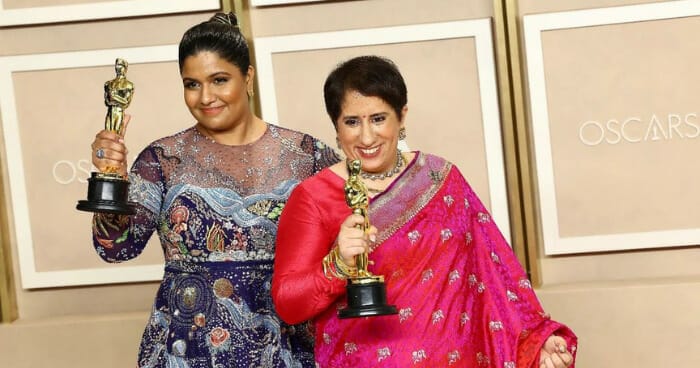
Photo: Kartiki Gonsalves
It’s essential to note that Asian representation in the film industry goes beyond Chinese, Korean, Japanese, or Taiwanese backgrounds. Director Kartiki Gonsalves and producer Guneet Monga, both from India, have significantly contributed to the industry. Gonsalves made history as the first Indian Oscar recipient for Documentary Short, while Monga was among the first Indian producers to be inducted into the Academy.
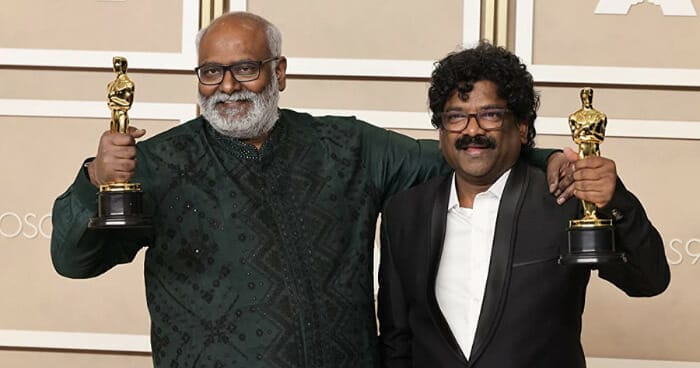
Photo: IMDb
Music and audio are important components of a movie, evoking emotions and creating anticipation. M.M. Keeravaani, the music composer of “Naatu Naatu,” and lyricist-singer Chandrabose won the Best Original Song award, representing India at the 95th Academy Awards. Keeravaani dedicated his success to his motherland and culture.
The need for Asian representation in film
Asian representation in film is essential, especially for underrepresented communities. The film industry has a significant impact on audiences. It becomes a platform that shapes how individuals see themselves and perceive others.
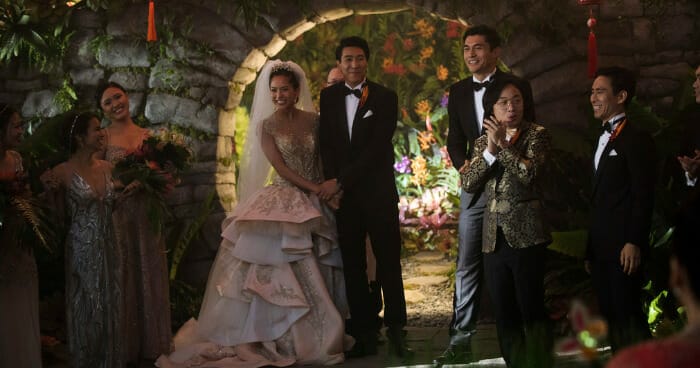
Photo: IMDb
The rise of Asian representation in the film industry is evident. For instance, Crazy Rich Asians, the first all-Asian Hollywood film in twenty-five years. The movie marked a significant milestone by becoming the highest-grossing romantic comedy in a decade. Diverse Asian film characters normalise diversity and provide opportunities for diverse story narratives. Moreover, it allows people to understand the cultures of others and navigate differences and similarities.
However, a study revealed that only 5.9% of casts with lines in films from 2007-2019 were of Asian Americans and Pacific Islanders descent out of about 50,000 casts. This statistic highlights the slow progress in Asian representation in the film industry. While celebrating our milestones, we should also recognise the need for more representation. Not just that, but also to ensure that these representations are portrayed well and explore how they can positively impact society. It is a missed opportunity not to showcase the beauty of diversity.
It is important to recognise that simply casting Asian actors in stereotypical roles does not promote a genuine representation of the Asian experience. Instead, the industry needs to showcase the full spectrum of experiences that exist within the Asian community. Films like Parasite and Shang-Chi and the Legend of the Ten Rings highlight the importance of exploring different narratives and perspectives within the Asian community.

Photo: IMDb
It is also important to recognise the barriers that Asian individuals still face in the industry. Despite the successes of notable Asian creators, many talented individuals are still waiting for their big break. To create a more inclusive and diverse film industry, more opportunities need to be created for emerging Asian talent to showcase their skills and contribute to the rich tapestry of the film.
Bringing together Asian producers, directors, and actors
We need more Asian storylines in the film industry that address important issues within the community. One way to achieve this is by having Asian directors like Justin Lin, who has directed films with Asian American storylines and cast other Asian talents, like Sung Kang and John Cho. This fosters more Asian representation in the industry and allows for equal opportunities.
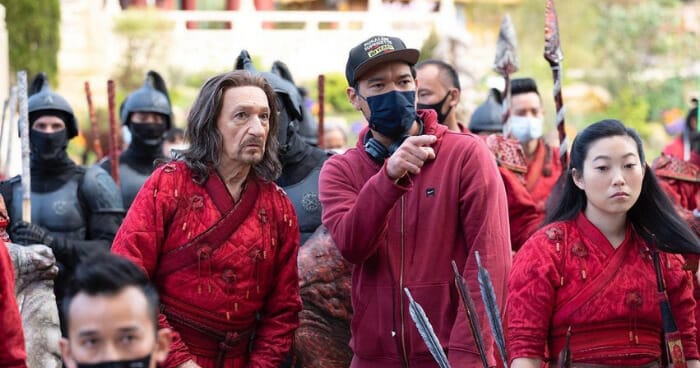
Photo: Destin Daniel
Similarly, Destin Daniel Cretton, who directed Just Mercy, was recognised and worked with Marvel Studios to make Shang-Chi and The Legend of the Ten Rings. The movie’s all-Asian lead cast and storyline proved that Hollywood films could succeed.
These recognitions show that having representation in film productions brings exposure to many Asian talents. Furthermore, it showcases the beauty of diversity to a larger audience. It also allows a better presentation of a more authentic Asian experience.
This being said, let us all celebrate how Asian American actors, directors, and producers are breaking down barriers. In the future, we are excited to see how changes can be brought to Hollywood movies that deal with marginalised groups.



